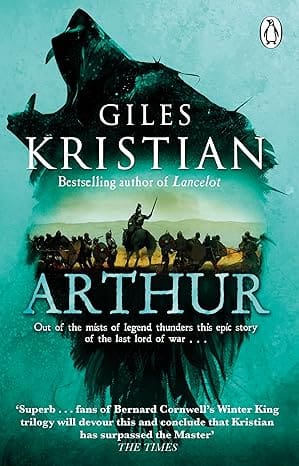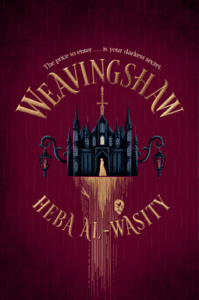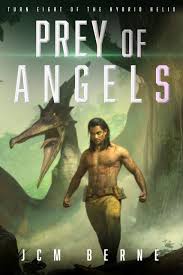
Synopsis:
Years have passed since the clash of shield-walls echoed across the land . . .
The Saxons are now the lords of Britain. And yet the bards still sing of Arthur – ‘In our darkest time, when we need him most, shall he come again.’
Ageing mercenary Beran has no love of bards’ songs. Nor of people. Unless they are paying him to steal or kill. Now he has been ordered to murder a boy. But this is no ordinary child. The son of King Constantine and the grandson of High King Ambrosius, this boy could be the saviour of Britain . . . if he lives.
Betraying his companions and returning to a world he believed he’d forsaken, Beran vows to take the boy to the one place that still holds out against the invader: Camelot.
Hunted by Saxons, Queen Morgana and those he deceived, he will seek the help of Guivret, called the Little King, and the Saracen, Palamedes who once rode beneath Arthur’s banner. They will meet the doomed lovers, Tristan and Isolde. And they will fight for their lives and for each other.
For if there’s to be any hope for Britain, Beran must deliver the boy to Camelot. And to do that, he must come to terms with his past . . .
Arthur is the breathtaking new novel from the author of the bestselling Lancelot, hailed ‘a masterpiece’ by Conn Iggulden.
Review:
Arthur is the third and final entry in Giles Kristian’s incredible Arthurian trilogy, and a book well worthy of the praise it’s garnered since its release. I finished it last month, tearing through the pages too quickly, really, and have since been thinking about how I want to talk about it.
The low-hanging fruit is there and ripe to pick, for it would be easy to repeat the same compliments I’ve given both Lancelot and Camelot. Kristian’s prose is gorgeous, and after completing the trilogy, my sense of him as a writer is that he’s obsessed with every word he puts on the page, his discerning eye and ear (for there is a music to his writing) finding just the right phrase to transport readers to his richly imagined world. His pre-Saxon Britain rings with authenticity, and his characters are deeply sympathetic, flawed, and all too human. All the hallmarks of Lancelot and Camelot are present here, and if those books appealed, Arthur certainly will.
All of this is true, and yet as a review it fails to capture my feelings about these books.
It all starts with Lancelot, which will undoubtedly be one of my top books of the year. That book took a simple premise (the Arthurian legends, but from Lancelot’s point of view) and evolved into a story that was magical on its own. It’s a tragedy, as the story of Arthur and Lancelot has to be, but written with a compassion and vision for its characters that surpasses any Arthurian tale I’ve read.
When I reflect on the following two books, the word that constantly rises, unbidden, is legacy. Not just the consequences of battles won and lost, but of hearts sundered by difficult choices. Camelot and Arthur are Lancelot’s children, their plots and characters shaped by the power of the first story.
The theme of legacy is hardly a new one, but it hits differently in this series. Too often, the use of the theme falls along predictable paths. Legacy becomes about forgiveness or acceptance, or it details the devastating consequences of choices made long ago. There are elements of all of this in Arthur, but rarely do I come across stories that have been so diligent in their avoidance of easy answers. Arthur is brilliant, because it holds a mirror to Lancelot and comes away with surprising conclusions.
Every time I’ve picked up these books, never quite sure what to expect, and three times I’ve come away deeply impressed and moved. This is a series I’m glad to have in my library, because I know I’ll be returning to it again and again.
If you have any interest in Arthurian legends or historical fiction, this Arthurian trilogy feels like a must-buy.
Thanks again to Alex over at Spells and Spaceships (another review blog you should definitely check out) for recommending these books. He’s the one who brought them to my attention, and I’m forever grateful he did.







Leave a Reply